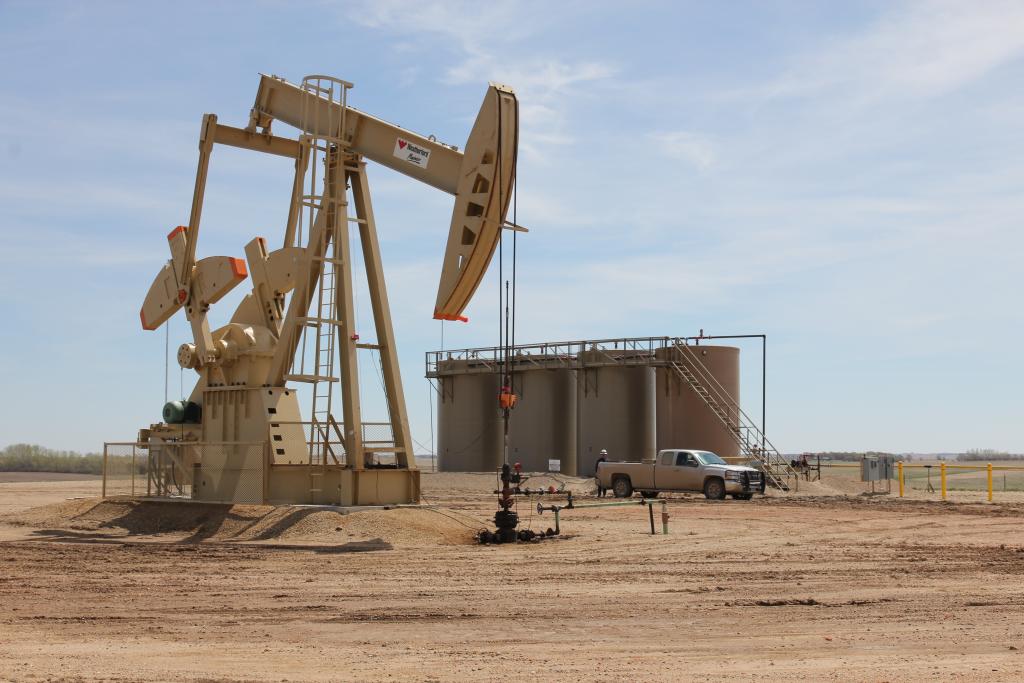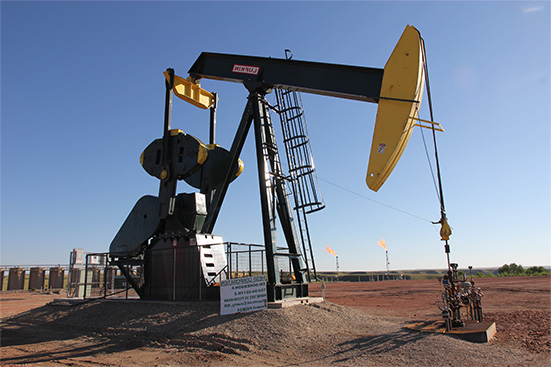
As a qualified oil and gas investor, understanding the legal intricacies of this industry is not just beneficial – it’s essential.
This article offers an overview of oil and gas law in the United States, tailored for investors eager to make informed decisions in this profitable sector.
What is Oil and Gas Law?
Oil and gas law is a specialized area of law that governs the exploration, extraction, and distribution of oil and natural gas resources. It’s a mix of several legal disciplines, including property, contract, and environmental law. For investors, this law is the backbone of understanding rights, responsibilities, and risks associated with oil and gas investments.
What Is the Meaning of Oil and Gas Law?
Oil and gas law sets the stage for how the industry operates. It regulates how resources are explored, extracted, processed, and sold. This law shapes the relationship between landowners, government bodies, and companies, ensuring compliance with regulations and safeguarding stakeholder interests.
Contact DW Energy
Want to learn more about oil & gas investing? Our expert team can provide you with more information or schedule a consultation to talk about diversifying your investment portfolio.

What Does the Oil and Gas Law Cover?
Key aspects relevant to investors include:
- Ownership and Property Rights – Essential for understanding who holds the rights to oil and gas reserves.
- Leasing and Contracts – The foundation of most oil and gas operations, detailing the terms of exploration and extraction agreements.
- Granting Clause – Specifies the rights granted to the lessee in a lease.
- Bonus Consideration – The upfront payment made by the lessee to the landowner.
- Royalty Clause – Defines how royalties are calculated and paid to the landowner.
- Operations and Development – Governs the methods and standards of developing oil and gas properties.
- Surface Use and Access – Addresses how surface land can be used for accessing underground resources.
- Assignment and Subleasing – Rules for transferring lease rights.
- Force Majeure – Provisions for unexpected events impacting contract fulfillment.
- Indemnification and Liability – Outlines responsibilities and liabilities in case of damages or accidents.
- Termination and Surrender – Details the conditions under which a lease can be terminated.
- Dispute Resolution – Methods for resolving conflicts between parties.
- Confidentiality and Non-Disclosure – Protects sensitive business information.
- Governing Law – Specifies which jurisdiction’s laws apply to the lease.
- Regulations – Federal and state regulations that govern industry operations and compliance.
What is the Importance of Statutes and Regulations?
For investors, statutes and regulations are vital for risk management and compliance. These laws ensure that operations meet safety, environmental, and operational standards. They govern financial transactions and protect stakeholder interests, ensuring investments are legally compliant and sustainable. Understanding these laws ensures that investments are not only profitable but also legally sound and sustainable.
Oil and gas law is predominantly governed by state law, with some aspects influenced by federal regulations. Understanding these laws is essential for oil and gas investors aiming to navigate the complex and rewarding world of oil and gas. With this knowledge, investors can make more strategic decisions, minimize risks, and optimize the returns on their investments.
DW Energy Group is dedicated to providing qualified investors in Texas with the knowledge and insights needed to thrive in the oil and gas industry. Understanding the intricacies of oil and gas law is a powerful tool, enabling investors to confidently approach their ventures in this dynamic sector.
Contact dw energy
Sources:
“What Is Oil and Gas Law?” Legal Career Path, https://legalcareerpath.com/oil-gas-law/
“Oil and Gas Law,” Texas A&M University School of Law, https://law.tamu.edu/prospective/paths-to-success/guide-to-practice-areas/oil-and-gas“
Laws and Regulations,” Library of Congress, https://guides.loc.gov/oil-and-gas-industry/laws
